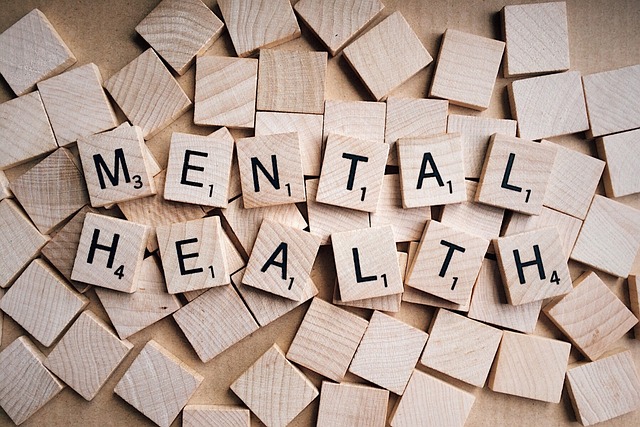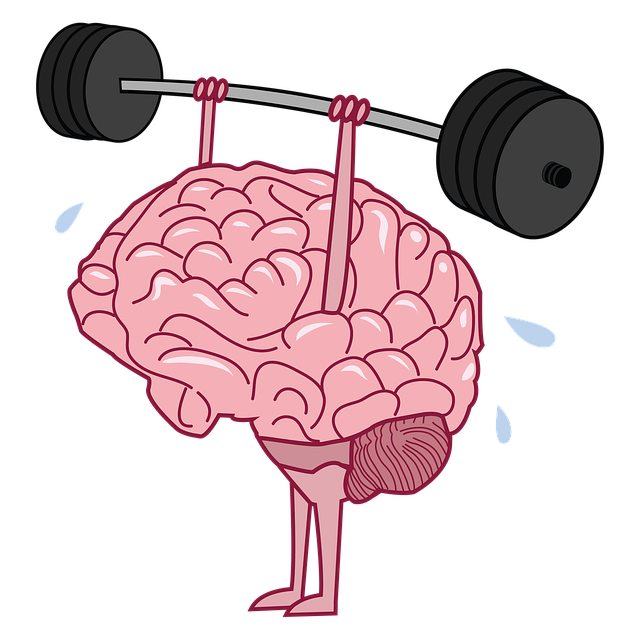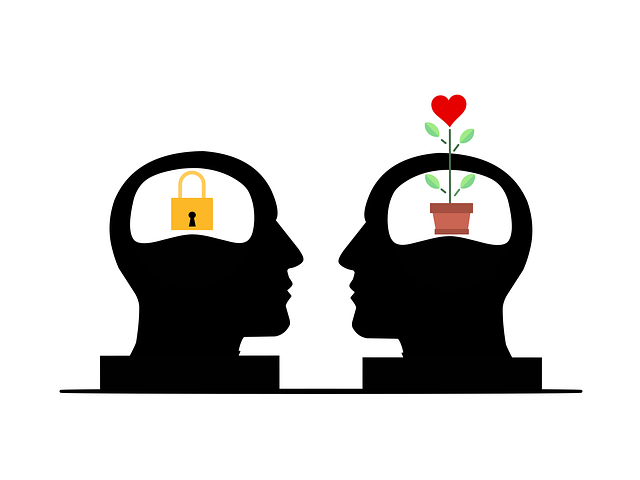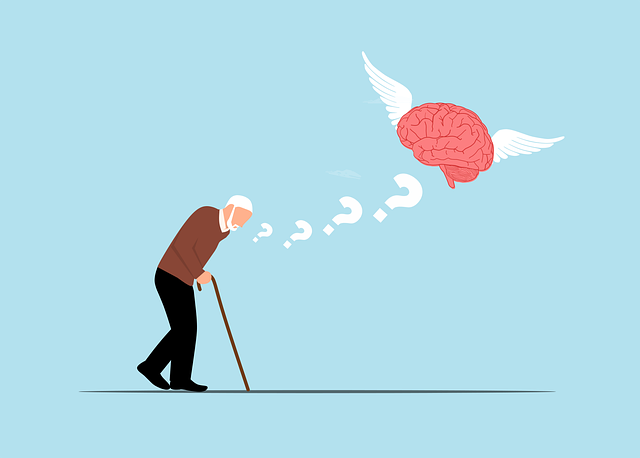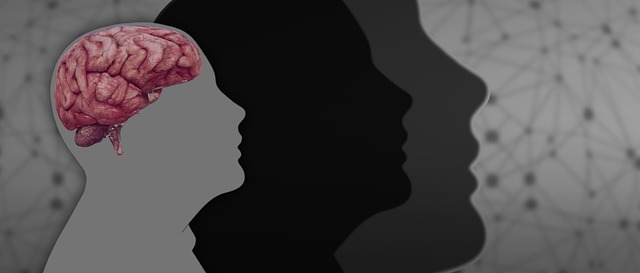Arvada Postpartum Depression Therapy goes beyond behavior modification by focusing on rebuilding social connections and trust through confidence-boosting strategies, mindfulness meditation, and personalized self-care routines. This holistic approach enables new mothers to navigate social situations comfortably, express feelings effectively, and build supportive networks, leading to improved mental health outcomes. Specialized training in communication skills, coping mechanisms, and burnout prevention reduces PPD progression and fosters a sense of belonging within the community, crucial for long-term recovery.
Social skills training is a powerful tool for managing mental health conditions, particularly postpartum depression in Arvada. This comprehensive guide explores the intricate link between social interactions and mental well-being. We delve into the unique challenges faced by new mothers with postpartum depression, offering insights on how therapy can enhance social skills. Learn effective strategies to navigate social situations and build support networks, fostering a sense of community that supports recovery. Discover how these steps can significantly impact the journey towards better mental health in Arvada.
- Understanding the Connection Between Social Skills and Mental Health
- Identifying Challenges in Social Interaction for Individuals with Postpartum Depression
- Effective Strategies for Enhancing Social Skills in Therapy
- Building Support Networks and Fostering Community Engagement for Better Recovery
Understanding the Connection Between Social Skills and Mental Health

Social skills and mental health are intricately linked. Effective communication, empathy, and interpersonal interactions play a pivotal role in our emotional well-being. For individuals dealing with mental health conditions like postpartum depression (PPD), enhancing social skills can be transformative. At Arvada Postpartum Depression Therapy, we recognize that improving these skills is not just about learning new behaviors; it’s about fostering connections and rebuilding trust, which are essential for recovery.
Developing confidence boosting strategies, incorporating mindfulness meditation into daily routines, and adopting a self-care routine tailored to individual needs can significantly improve social interactions. By integrating these practices, individuals can navigate social situations with more ease, express their feelings effectively, and build stronger support systems – all of which contribute to improved mental health outcomes.
Identifying Challenges in Social Interaction for Individuals with Postpartum Depression

Postpartum depression (PPD) can significantly impact an individual’s social interactions and overall well-being. Many new mothers struggling with PPD may face challenges in connecting with others, leading to feelings of isolation and further exacerbating their mental health condition. This is where specialized Arvada postpartum depression therapy becomes crucial.
The complexities of PPD often manifest as difficulties in communication and building relationships. Simple tasks like engaging in conversations or attending social gatherings can feel overwhelming. Developing effective communication strategies and coping skills is essential for these individuals to navigate social situations more comfortably. Through therapy, they can learn ways to express their needs, manage emotional triggers during interactions, and build a support system that understands their unique challenges. Additionally, focusing on burnout prevention within these contexts allows for healthier social dynamics, fostering a sense of community and reducing the risk of PPD escalating into more severe conditions.
Effective Strategies for Enhancing Social Skills in Therapy

Social skills training is a potent tool within therapy to address mental health conditions, particularly for individuals dealing with Arvada postpartum depression. Effective strategies often involve structured activities that encourage interaction and role-playing scenarios to practice communication. Through these methods, patients can learn and refine essential social skills, such as active listening, empathy, and nonverbal cues, which are crucial for connecting with others.
The integration of self-care practices and emotional regulation techniques alongside social skills training can significantly enhance therapeutic outcomes. Encouraging clients to engage in regular exercises that promote mental wellness coaching programs development further supports their progress. These strategies collectively equip individuals with the tools needed to navigate social situations confidently, fostering a sense of belonging and improved overall mental health.
Building Support Networks and Fostering Community Engagement for Better Recovery

Building supportive networks and engaging with the community can significantly enhance recovery for individuals dealing with mental health conditions, including postpartum depression in Arvada. Connecting with like-minded people offers a sense of belonging, reducing feelings of isolation often associated with such struggles. Support groups, either online or in-person, provide a safe space to share experiences, gain different perspectives, and learn coping strategies from others who understand. These connections can foster emotional intelligence, empowering individuals to manage their mental health more effectively.
Community outreach programs play a vital role in creating an inclusive environment. Initiatives focused on mental well-being can include educational workshops, stress management seminars, or social events that encourage participation. Such activities not only raise awareness but also provide opportunities for individuals to step out of their comfort zones, practice social skills, and build new friendships. This engagement can lead to a stronger support system, which is crucial for long-term mental health recovery, especially in the context of postpartum depression therapy in Arvada.
Social skills training plays a pivotal role in addressing mental health conditions like postpartum depression. By understanding the connection between social skills and mental well-being, therapists in Arvada can tailor effective strategies to help individuals navigate social challenges. Identifying specific difficulties in social interaction empowers targeted interventions, while building support networks and fostering community engagement significantly enhance recovery journeys. These comprehensive approaches ensure that individuals with postpartum depression receive holistic care, enabling them to reconnect, heal, and reintegrate into their communities.

